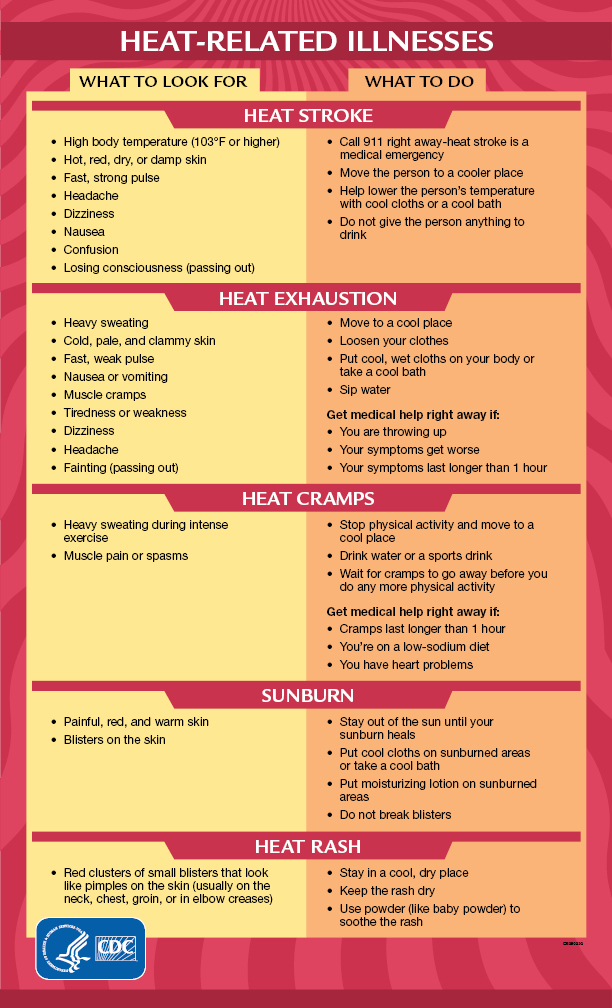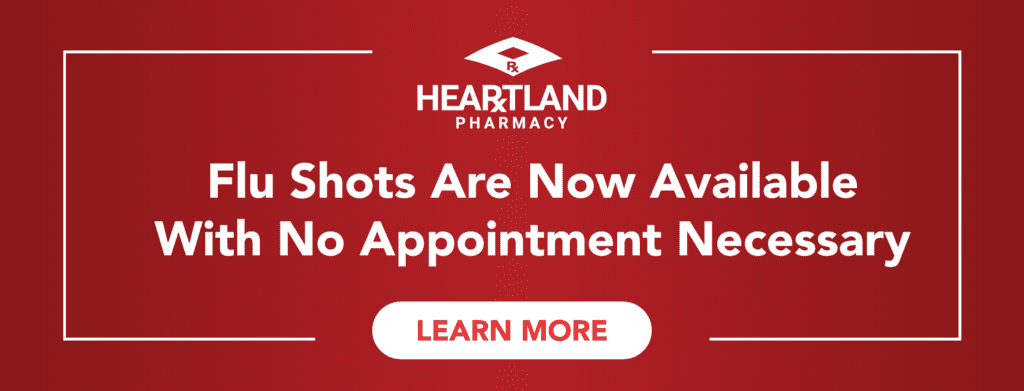It’s summertime, and that means hitting the pool, grilling out and going on family vacation. While you’re outside enjoying outdoor activities, it’s important to keep in mind extreme heat and the overall impact it has on your health. More people are at risk for hyperthermia and other heat-related health issues in July and August than any other month of the year. According to the CDC, around 618 people in the U.S. die from heat-related illnesses annually. Hyperthermia symptoms can be subtle, that’s why it’s vital to stay informed so you can protect yourself, your friends and family during the summer months. Here’s everything you need to know to stay cool when extreme heat hits your city.
What is Extreme Heat?
The CDC defines extreme heat as, “summertime temperatures that are much hotter and/or humid than average” depending on location. In most cases, the outside temperature will exceed 90 degrees with high humidity and last up to 2 to 3 days. Under these intense circumstances, our bodies work twice as hard to keep us cool. Sweating and heavy breathing are natural ways the body releases heat, however, when this isn’t enough, internal body temperature will continue to rise to dangerous levels. This condition is commonly referred to as hyperthermia – when the body reaches around 103°F or higher.
Heat-Related Illnesses: Signs and Symptoms
Hyperthermia can result in heat rash, sunburn, heat exhaustion, heat cramps, and in worst case scenarios, heat strokes. It’s important to catch these heat-related illnesses on the front end before they get worse. Below is a graph of common signs and symptoms pulled from the Centers for Disease Control and Prevention.

Source: CDC
Who’s Most at Risk?
- Elderly (65+)
- Children under the age of 2
- People with chronic medical conditions
- Athletes
- Outdoor workers
- Emergency Responders
- Outdoor pets
Take Preventative Measures
Heat-related illnesses not only affect our physical health but also our mental and emotional health. When symptoms persist, they can keep people from functioning in their daily routines and lower overall quality of life. That’s why it’s better to take preventative measures now so that you can make the most of your summer. Here are the best ways to prevent hyperthermia:
- Stay in an air-conditioned building or house, especially during the hottest parts of the day
- Limit stove and oven use
- Block the heat in your home with dark colored or solar window shades
- Drink water – even when you don’t feel like it!
- Wear sunscreen
- Limit time outside, especially in the middle of the day
- Wear lightweight, light-colored and loose fitting clothing
- Athletes: pace yourself and drink lots of water. Rest in a shaded or air-conditioned area if you experience any signs of dizziness, headaches or muscle cramps
- Never leave a child or pet inside a car on a hot day
- Bring your outdoor pets inside on extreme heat days (90 degrees or higher)
Extreme Heat Helpful Resources
Contact Your Local National Weather Service Office
National Integrated Drought Information System
Make the Switch to Heartland Pharmacy
If you’re ready to be more than just a number at your current pharmacy, make the switch to Heartland today by simply texting “HEARTLAND” to 88000 or filling out our online form here.



